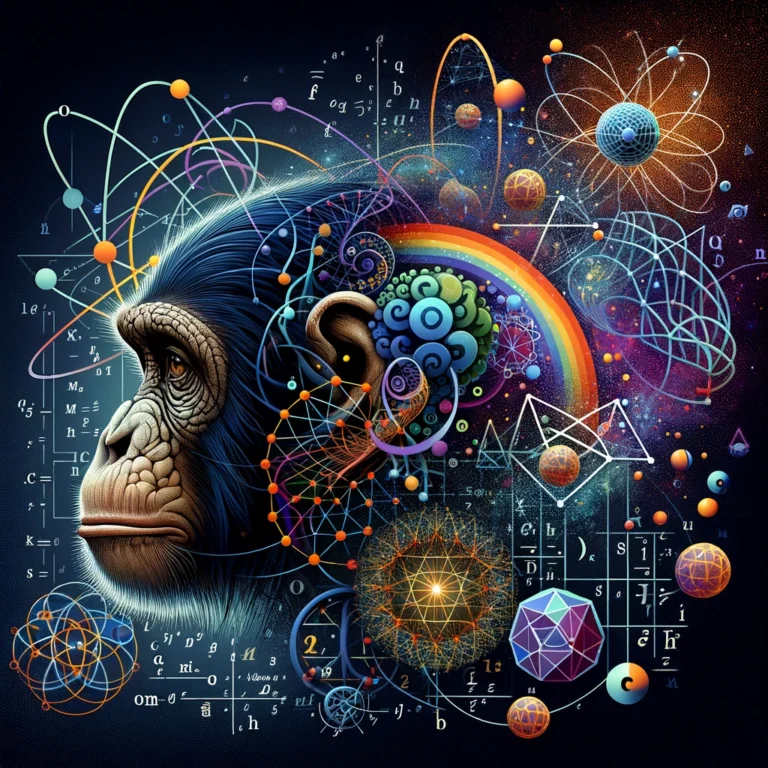Introduction
As the dawn of Artificial Intelligence (AI) continues to cast its early light, the contours of its potential impact are coming into sharper focus. Central to the discourse is a dichotomy of fears and visions, pivoting around the axis of AI extinction events. This axis is not just a theoretical construct but serves as a symbolic representation of our collective anxieties and aspirations concerning AI. At one end, there is the belief that AI could be the panacea for some of humanity’s most pressing problems, while on the other end, there’s a deep-seated fear that AI could spiral out of control, leading to unintended catastrophic outcomes. The urgency of this debate has intensified in recent years, reflecting not just technological advancements but also a broader societal reckoning with the ethical and existential dimensions of AI.
The Spectrum of Beliefs
Dismissing Fears: Yann LeCun’s Stance

Yann LeCun, a revered figure in the AI community, stands as a vocal critic against the idea of AI as an existential threat【6†(Twitter)】【7†(Venturebeat)】【8†(Business Insider)】【10†(TIME)】【14†(MIT Technology Review)】. His dismissals often underscore a belief that fears are more grounded in science fiction than reality. Yet, it’s crucial to note that LeCun’s perspective is often rooted in a computational view of AI, which emphasizes its tool-like nature. In his view, AI, like any other technological innovation, is a product of human ingenuity and remains under human control. Hence, he suggests that the “runaway AI” scenarios often depicted in dystopian narratives lack a solid empirical foundation. LeCun’s position, while influential, has also been criticized for potentially underestimating the scope and scale of risks associated with AI, especially as systems grow in complexity and autonomy.
Echoes of Concern: The Other Side of the Debate
Contrary to LeCun’s stance, a chorus of voices within the tech community and beyond have raised alarms about the existential threats posed by AI【18†(Deseret)】【19†(InformationWeek)】【20†(WRAL TechWire)】【21†(Tech Xplore)】【22†(AI Magazine)】. These concerns are not merely speculative but are often backed by nuanced arguments that point to the increasing autonomy and decision-making capabilities of AI systems. The proponents of this view argue that as AI grows more sophisticated, the potential for unintended, irreversible consequences also escalates. They call for rigorous ethical frameworks and governance mechanisms to mitigate these risks. While some might consider these views alarmist, they serve as an essential counterpoint to overly optimistic narratives, urging caution and thoughtful stewardship in the development and deployment of AI technologies.

The Narrative Shift
The transition from AI as a benign tool to a potential harbinger of extinction reflects a broader shift in public discourse, hinting at an evolving understanding and perhaps a growing unease with the pace of AI advancement【14†(MIT Technology Review)】. This shift is not merely an academic or technocratic debate but a cultural phenomenon that permeates social, political, and ethical realms. It manifests in legislation, in the portrayal of AI in media, and even in everyday conversations. This gradual transformation in public opinion reveals a society grappling with its own creations, questioning the essence of what it means to be human in an increasingly automated world. The shift underscores the importance of open dialogues and participatory decision-making, as societies worldwide aim to strike a balance between technological innovation and ethical considerations.

Conclusion
The discourse on AI extinction events encapsulates a broader societal conversation on the intersection of technology, ethics, and existential risks. The contrasting views within the tech community underscore the imperative for a nuanced, evidence-based approach to navigate the uncharted waters of AI governance. As we stand at this critical juncture, it becomes increasingly clear that the debate on AI and its potential risks is not a zero-sum game. It is a complex tapestry of ideas and viewpoints that require us to transcend binary thinking. The challenge, then, is not merely technological but deeply philosophical and ethical. Whether we view AI as a tool, an ally, or a potential threat, the responsibility lies with us to govern it wisely, ethically, and transparently. Our collective decisions today will shape not just the future of AI but the future of humanity itself.

References
- Twitter Post by Yann LeCun: “Live debate this Thursday about the risk of AI…”【6†source】.
- Venturebeat: “AI pioneers Yann LeCun and Yoshua Bengio clash in an intense online…”【7†source】.
- Business Insider: “You’re wrongly conditioned by sci-fi to believe robots want to kill…”【8†source】.
- TIME: “Yann LeCun: The 100 Most Influential People in AI 2023″【10†source】.
- MIT Technology Review: “Meta’s AI leaders want you to know fears over AI existential risk are ‘ridiculous'”【14†source】.
- Deseret: “How do we avoid an AI-driven extinction event? Unknown, but experts…”【18†source】.
- InformationWeek: “Tech Leaders Endorse AI ‘Extinction’ Bombshell Statement”【19†source】.
- WRAL TechWire: “‘Extinction event’ from AI? Yes, tech leaders warn in call for controls”【20†source】.
- Tech Xplore: “AI poses ‘extinction’ risk, say experts”【21†source】.
- AI Magazine: “Hundreds of experts sound alarm on AI’s existential threat”【22†source】.


